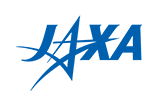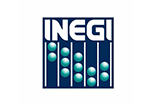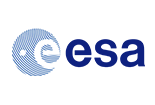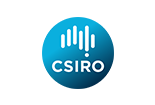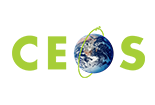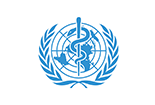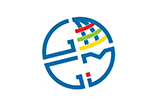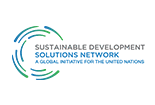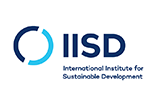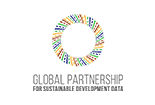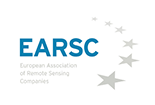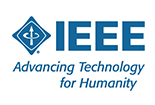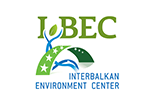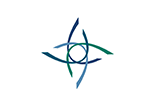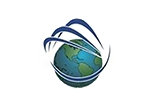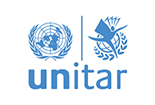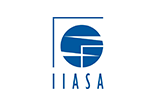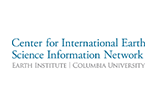Join us for the second session, titled ‘Toolkits for Sustainable Development Goals’ on June 30, 2021 at 13:00 CEST. Sustainable Development Goals (SDG) Toolkits help people use Earth observations to advance the SDGs. Toolkits provide rich, coordinated guidance about EO
United Arab Emirates’ Practice in Calculating Rural Access Index and Mountain Green Cover Index Using Earth Observations
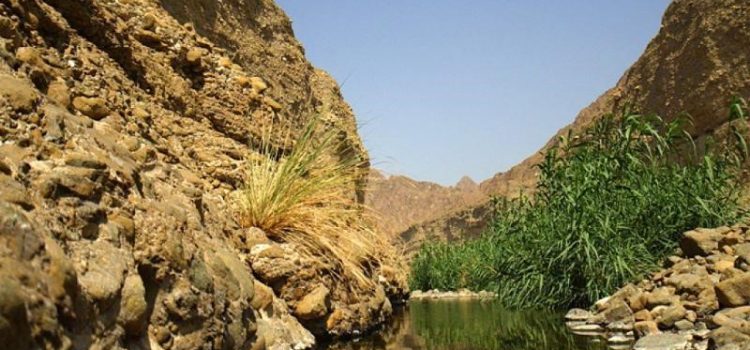
The United Arab Emirates (UAE) Federal Competitiveness and Statistics Center (FCSC) in its capacity as the Secretariat of the UAE National Committee to track and report SDG indicators, is continuously trying to utilize the latest techniques and tools available such
GEO Virtual Symposium 2021
The theme of this year’s symposium is Strengthening inclusive partnerships across the GEO Work Programme (GWP). The aim of the symposium is to share successful practices and identify ways to accelerate the delivery of products and solutions to address environmental and
Toolkits for SDGs Parallel Session at GEO Virtual Symposium 2021
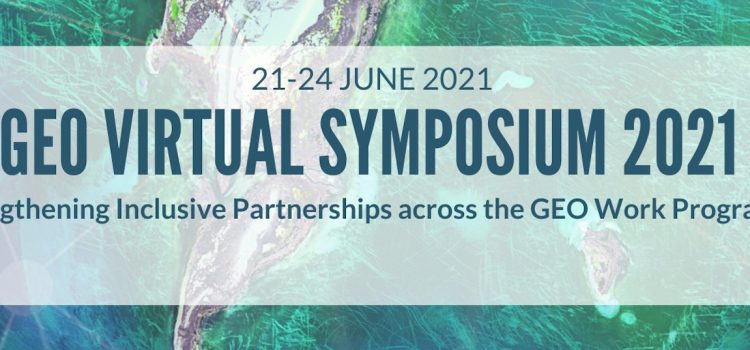
Our parallel session titled “Toolkits for Sustainable Development Goals (SDGs)” at the GEO Virtual Symposium is an Earth Observations (EO) Toolkit Pitch Fest. It will take place on Wednesday, 23 June 2021 at 18:30-19:30 CEST.
GEO SDG Awards 2021 Deadline Extended
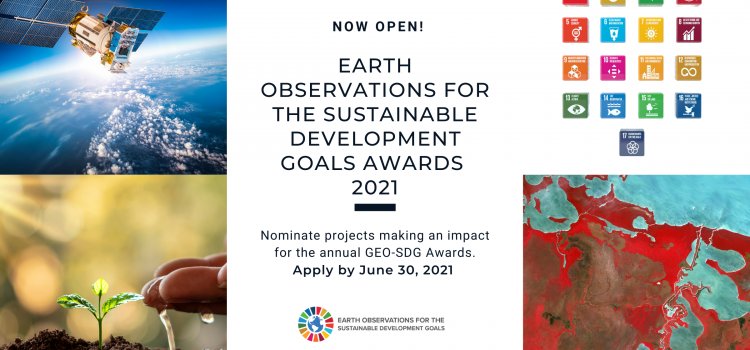
The deadline for nominations has been extended to July 16, 2021. The call for nominations is now closed. The 2030 Agenda for Sustainable Development provides a universal set of priorities to use as a blueprint of action for people, the planet,
Side Event Report: Earth Observations for SDGs in the Americas Region
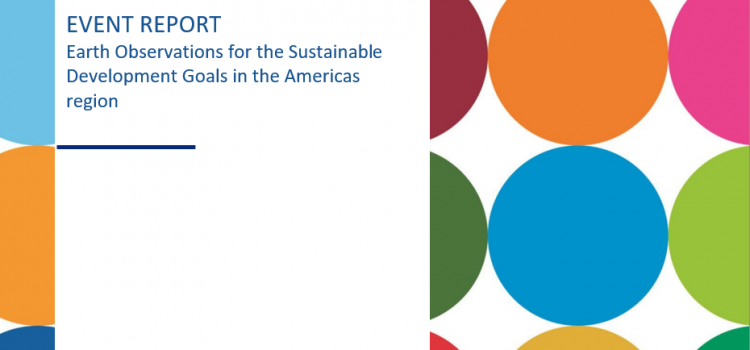
The use of Earth Observations (EO) represents an opportunity to obtain reliable, timely and continuous information, which, integrated with geospatial information and official statistics in the national information system, may allow direct support for the monitoring and measurement of Sustainable
EO4SDG Progress Report 2020 Now Available
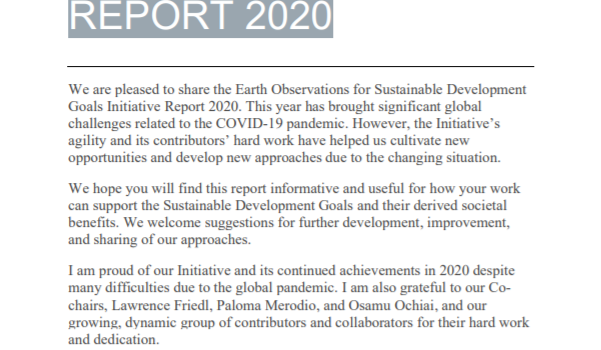
We are pleased to share the Earth Observations for Sustainable Development Goals Initiative Report 2020.
Summary Report of Special Session on SDGs at AOGEO Symposium
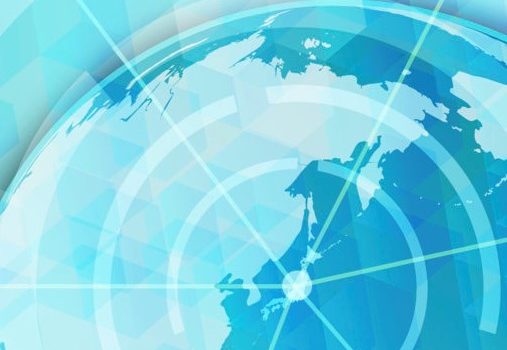
Partnerships between Earth Observation and Statistical Communities for SDGs strongly encouraged at Special Session on SDGs at AOGEO Symposium The first Special Session of the 13th Asia-Oceania Group on Earth Observations (AOGEO) Symposium, which took place on the 3rd
Special Session on SDGs at the 13th AOGEO Symposium
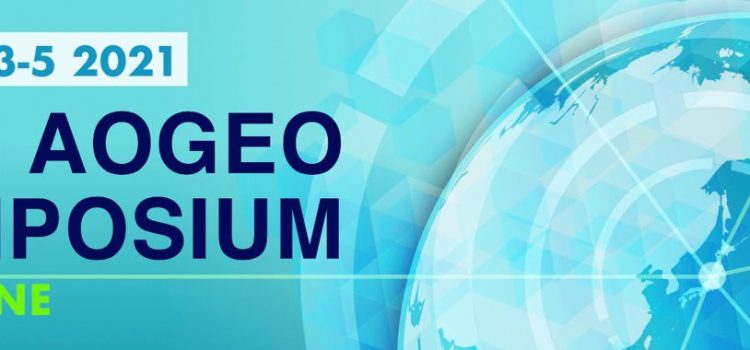
EO4SDG will be highlighted at an upcoming Special Session at the 13th Asia Oceania Group on Earth Observations (AOGEO) Symposium on Wednesday, March 3 (09:00-10:30 CET/17:00-18:30 JST/21:00-22:30 NZDT). This special session aims at “Linking Earth Observations with Statistical Community
Launch of the “EO Toolkit for Sustainable Cities and Human Settlements”
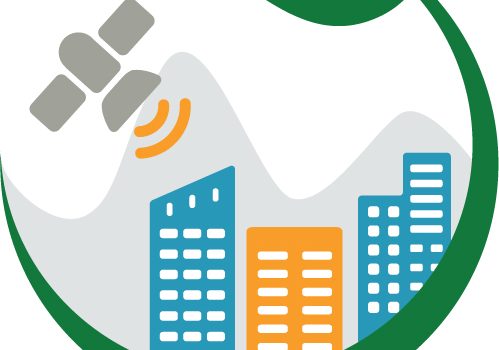
Today the “Earth Observation Toolkit for Sustainable Cities and Human Settlements” was officially launched at a side event of the United Nations Statistical Commission. The event brought together actors and experts from both the statistical and geospatial communities and situated


